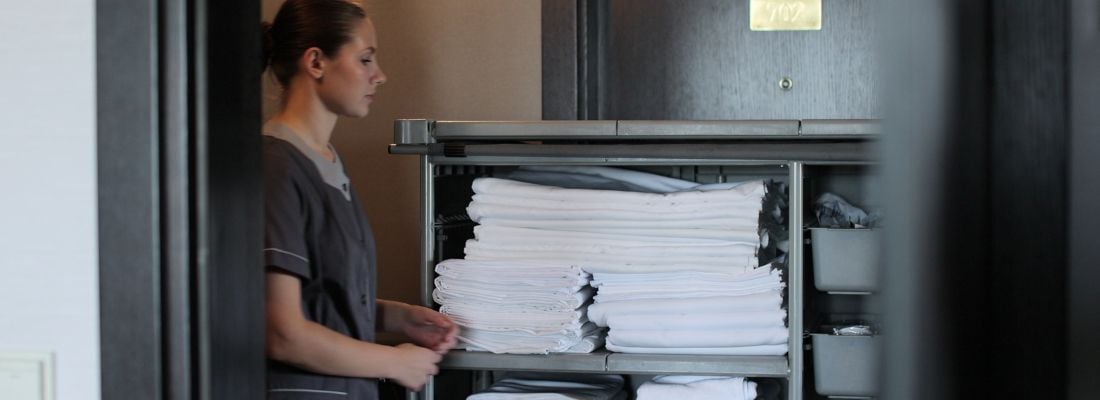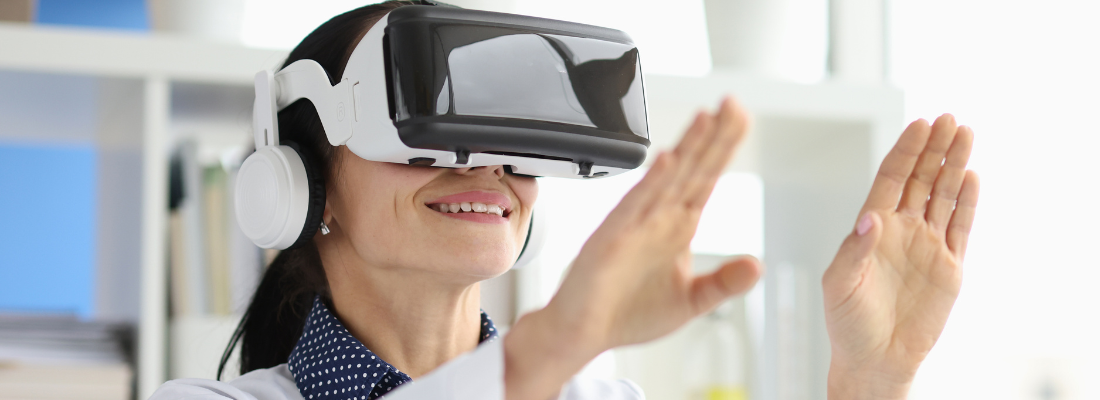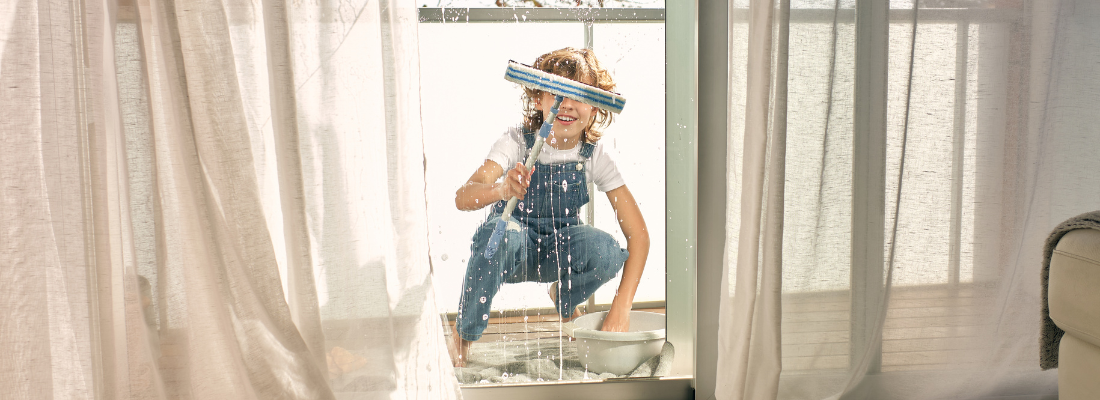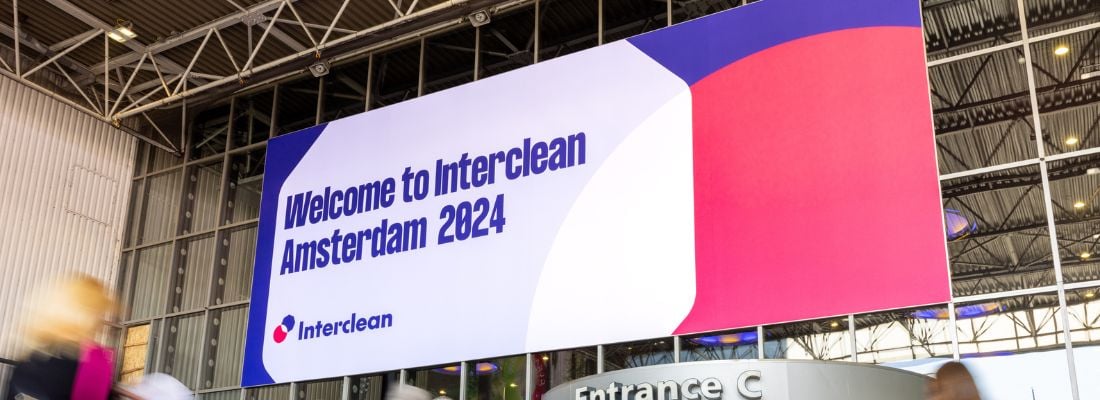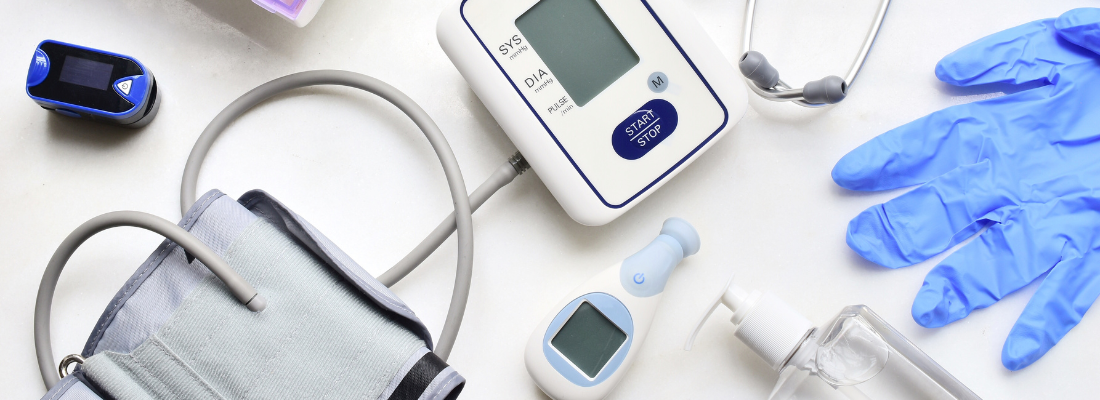Essential Guide to Housekeeping in Hotels and Holiday Parks
In an era where hygiene is no longer just a behind-the-scenes task but a central feature of hospitality, effective sanitation in hotels and holiday parks is more critical than ever. This guide explores the evolving landscape of housekeeping in the accommodation sector, offering insights into best practices, regulatory compliance, and the growing role of digital innovation. A spotless room, sanitised public areas, and a well-maintained environment form the first and lasting impressions of a guest’s stay. Since the COVID-19 pandemic, public expectations have shifted. Cleanliness must now be both meticulous and visible, with guests expecting clear signs of sanitation throughout their stay. We’ve compiled strategies to address the unique challenges of traditional hotels and more dispersed holiday parks, along with the smart technologies helping you to meet new standards and ensure operational excellence
Core Principles of Housekeeping: Why Cleaning and Hygiene Matter More Than Ever
Brand perception
A meticulously maintained environment signals professionalism, care, and a commitment to guest safety in a world where health concerns remain top-of-mind. Compliance with health and safety regulations – whether global standards from the World Health Organisation (WHO) or local health authority guidelines – is not optional. It helps reduce the risk of illness, allergens, and cross-contamination, while also protecting the business from potential legal and financial repercussions.
Guest reviews
Cleanliness has become a cornerstone of guest trust and booking decisions in the hospitality industry. Positive reviews frequently highlight spotless rooms and well-maintained public areas, while a single lapse in sanitation can damage a property’s reputation and deter future bookings. In this environment, consistent cleanliness is not just a service standard – it’s a critical driver of guest loyalty and a differentiator in a competitive market.
Maintaining a well-structured housekeeping strategy
A well-structured housekeeping strategy must include clearly defined hygiene protocols and cleaning schedules. Daily routines focus on high touch surfaces and guest-facing areas, while weekly and deep-cleaning programmes address less obvious but equally important elements like air vents, upholstery, and under-bed areas. Different areas, from kitchens to bathrooms, also require specific techniques, tools, and frequency to meet hygiene standards.
Importantly, maintaining a clean and organised environment also enhances employee wellbeing. Housekeeping staff benefit from safe, clutter-free workspaces that minimise accidents and promote morale. Furthermore, the integration of eco-friendly cleaning products and sustainable practices is becoming increasingly vital. From biodegradable cleaners to water-saving methods, sustainability efforts not only reduce environmental impact but also appeal to environmentally conscious guests, aligning operational goals with broader social values.
Hygiene and Sanitation Best Practices
Implementing hygiene and sanitation best practices is essential to maintaining a safe and welcoming environment for guests and staff alike.
Disinfection of high-touch surfaces
One of the most effective strategies in preventing the spread of illness is the regular disinfection of high-touch surfaces. Items such as TV remotes, door handles, light switches, elevator buttons, and bathroom fixtures must be cleaned with hospital grade disinfectants multiple times a day, particularly between guest stays. These frequently contacted areas are often the most overlooked but can pose significant health risks if not thoroughly and consistently sanitised.
Staff safety
Equally important is the protection and training of housekeeping staff through the use of personal protective equipment (PPE) and strict sanitisation protocols.
- Gloves, masks, and in some cases, face shields should be provided as standard, especially when handling waste or cleaning guest rooms.
- Regular staff training on correct hygiene procedures, safe handling of cleaning agents, and the disposal of contaminated materials helps reduce the risk of exposure and cross contamination.
Indoor air quality
Proper ventilation and the use of air purification systems – such as HEPA filters or UV air purifiers – can significantly reduce airborne pathogens and improve guest comfort. Rooms and common areas should be regularly aired out, with HVAC systems maintained to ensure they are operating efficiently and cleanly.
In-room hygiene kits
To further reassure guests and support their personal hygiene routines, many hotels and holiday parks are now offering in-room hygiene kits. These kits typically include hand sanitiser, disinfectant wipes, and in some cases, disposable face masks. Providing these essentials not only enhances the perceived value of the stay but also reinforces a brand’s commitment to health, safety, and thoughtful service
